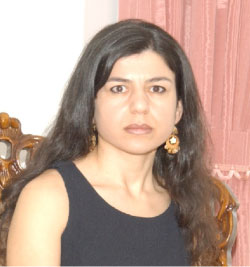 I have not been to Iraq for 13 years, when I visited in 2000, and I was curious to know if the lives of women had improved since the start of the 2003 US led invasion. I wanted to know what their biggest challenges were today and how was their social, political and economic situation.
I have not been to Iraq for 13 years, when I visited in 2000, and I was curious to know if the lives of women had improved since the start of the 2003 US led invasion. I wanted to know what their biggest challenges were today and how was their social, political and economic situation.
There were five women whom I interviewed through Skype, email and telephone conversations. They were strong and educated women, actively involved in helping other women become independent, raise their families, and excel in various fields in life. The majority of them agreed that while they had gone through quite a bit of a struggle since 2003, their lives have improved quite a bit in the last five years or so.
“Five years ago when I graduated secondary school, there were only twelve female graduates,” said Nora Hakak, a 23 year old woman who lives in Najaf and will be graduating dental school in a few months. “This year, there will be 120 girls.”
Dr. Amira Albaldawi, Ph.D. in Food Science and Biotechnology was a member of the Iraqi Parliament from 2005 to 2010. She is the Chief Person of Um-Alyateem* Foundation (UMF). She also agrees that women have come a long way since the start of the war, and even before then, when they had the choice to join only one party – the Baath Party. However, she feels that if women were to play a stronger role in politics, this would enable them to become a priority in the country.
“One of the major problems for women today is security,” said Dr. Albaldawi. “When a woman suddenly loses her husband, the breadwinner of the family, through a terrorist act, she is left with little or no support. So she then turns to the government, which is not able to substitute the income her husband brought home for her and her children.”
She said that the poverty level in Iraq is approximately 23 percent, which in her opinion is quite high, and blames some of the factors to peoples’ inability to attain the money and other types of assistance available to them.
“Many women are illiterate and are not aware of their rights,” said Dr. Albaldawi. “They don’t know where to go to for help, and so they end up suffering more than necessary. We are trying to resolve this issue by reaching out to them.”
Hakak said that from her observation, a lot of the women from the countryside, the marshland and other tribal societies follow the orders of the men, and if the men discourage them from learning or working, then the women obey.
“It is hard here for a woman to pursue her dreams and be ambitious without support from the men in the family,” said Hokak. “In my case, if my father wasn’t fully behind what I’m doing, I couldn’t have gotten this far.”
Nora Hakak has received so much support from both her parents that her dream is to one day to become the president of the Iraqi Parliament. If that day does come where a woman can hold such an influential political position in the Iraqi government, I think Iraq will definitely once again be a Garden of Eden.
*Um-Alyateem - Mother of the orphan

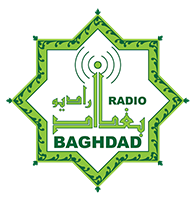













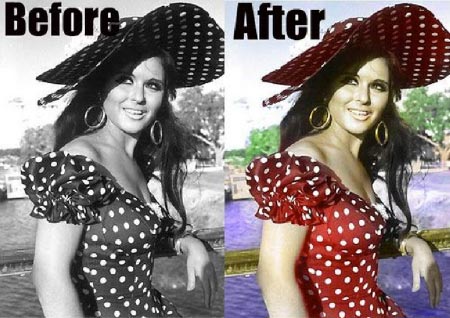

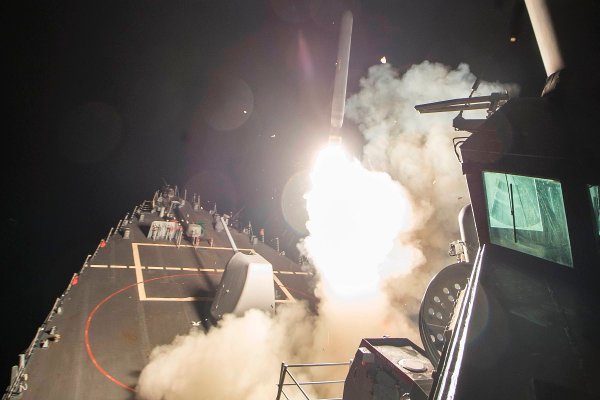
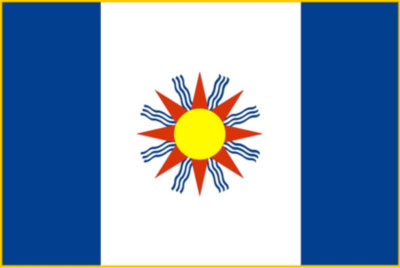

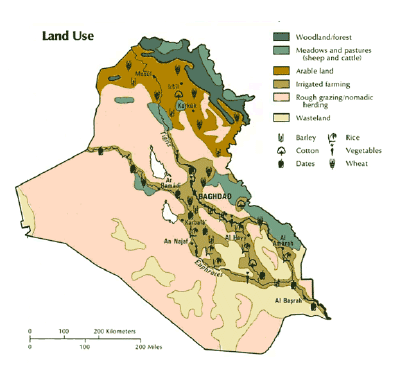



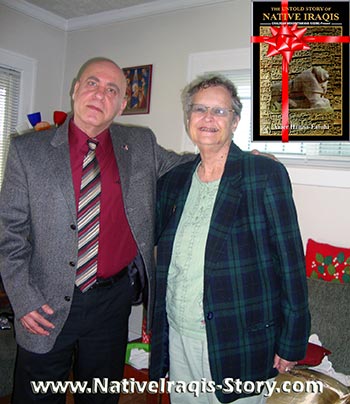
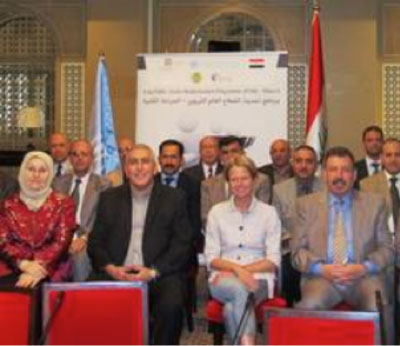







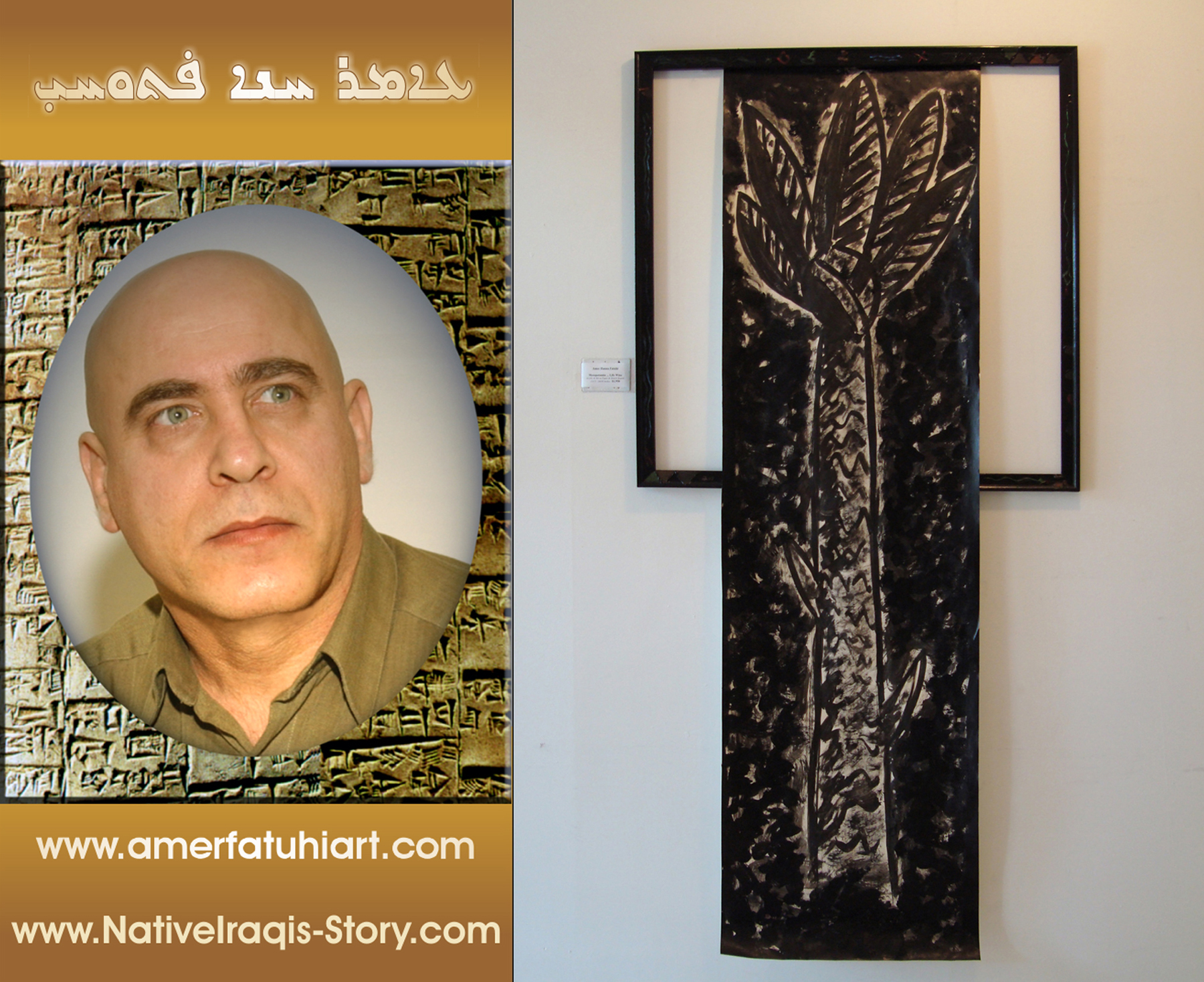

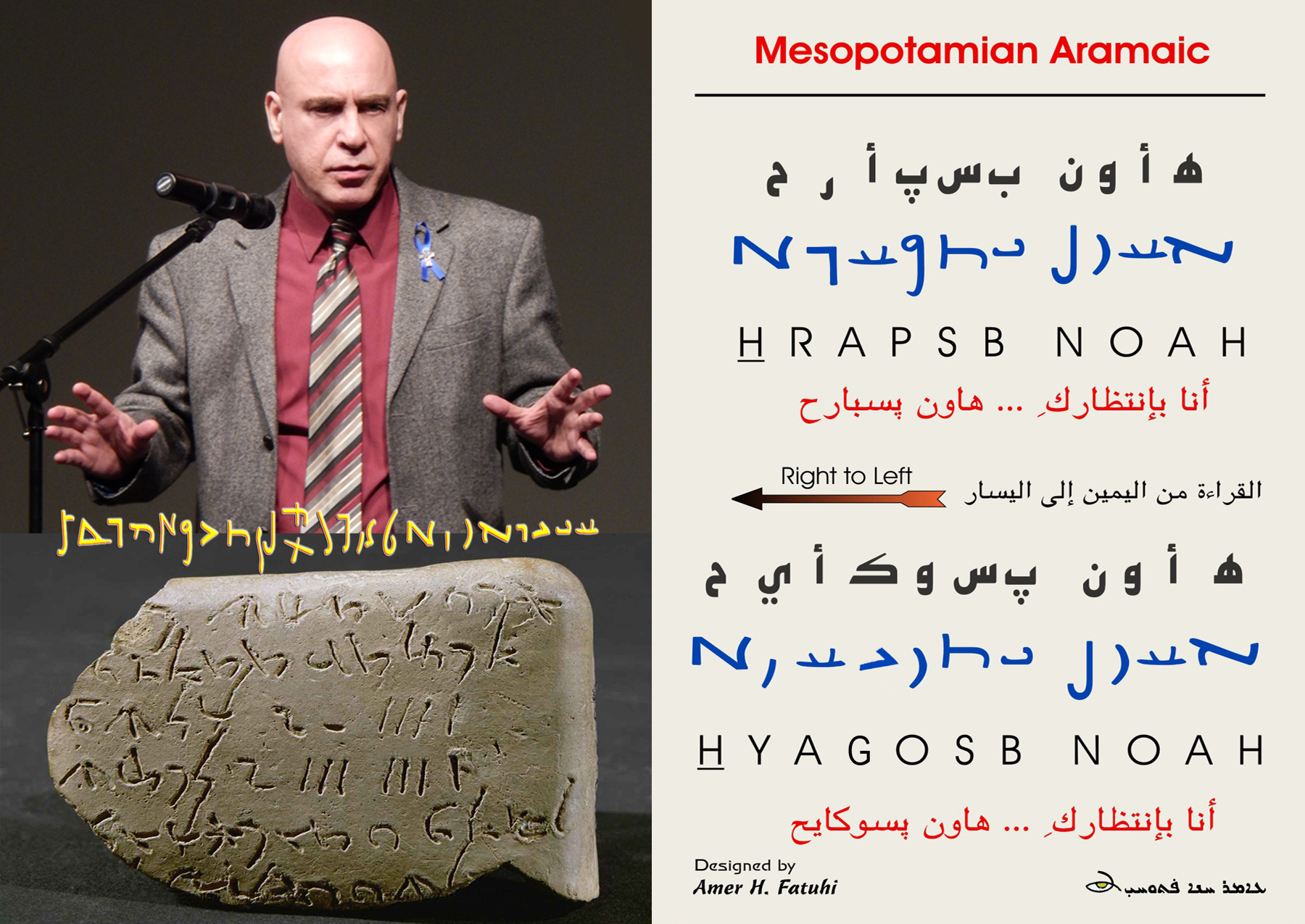









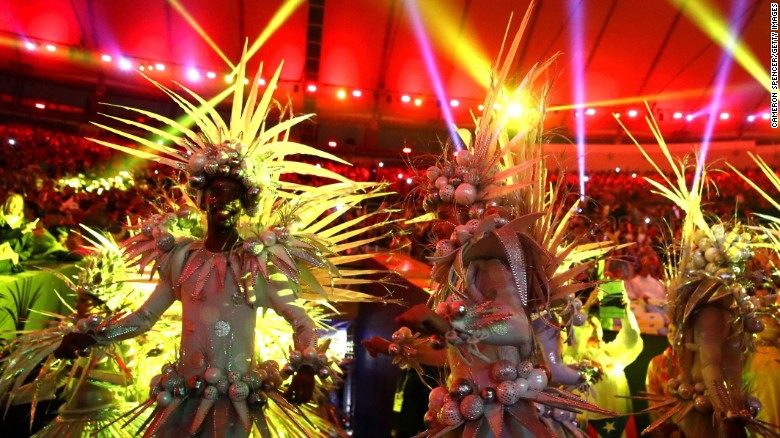
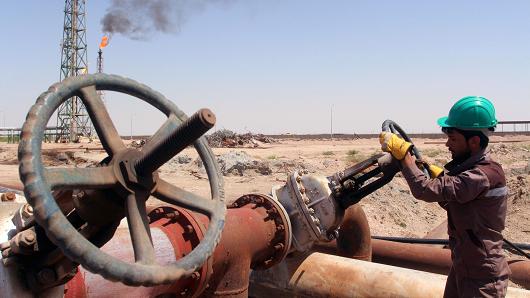

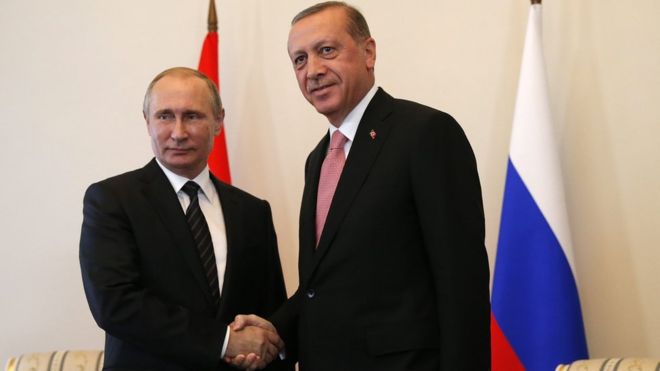


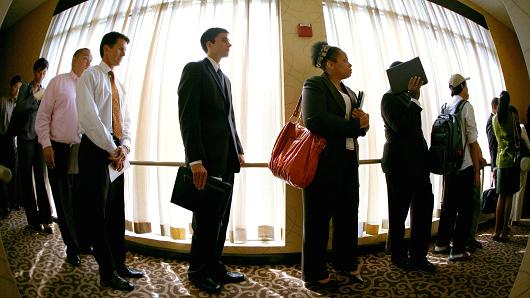






Comments
RSS feed for comments to this post